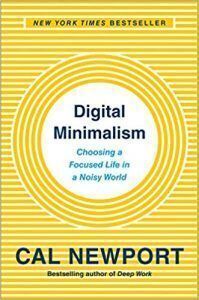
Digital Minimalism by Cal Newport
Digital Minimalism is a philosophy of technology in which you focus your online time on a few carefully selected activities that support the things you value.

Digital Minimalism is a philosophy of technology in which you focus your online time on a few carefully selected activities that support the things you value.
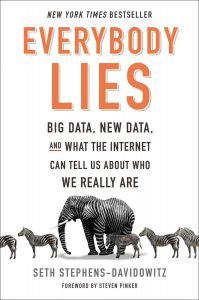
The book takes a data-driven approach to analyze the world.
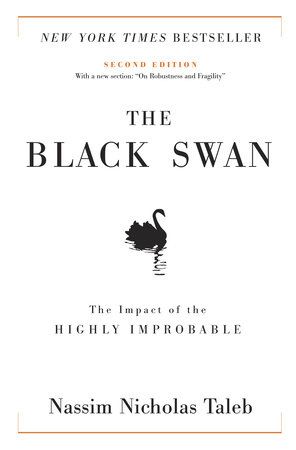
The book posits a unique viewpoint to understand randomness and unpredictability in the world around us. Rather than trying to predict the improbable black swans, it focuses more on how not to be adversely impacted by them.
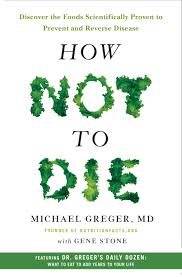
The book is a detailed introduction to how what we eat can kill or save us and how the modern diet makes people sick. This book’s companion website is NutritionFacts.org.
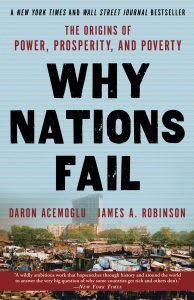
The book is a good read on why some nations are rich today while others are poor.
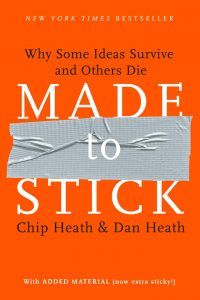
The book is aimed at anyone who has an idea to convey and is trying to ensure that what they are trying to communicate sticks with their audience. Proverbs and folklores survive while corporate marketing material does not.
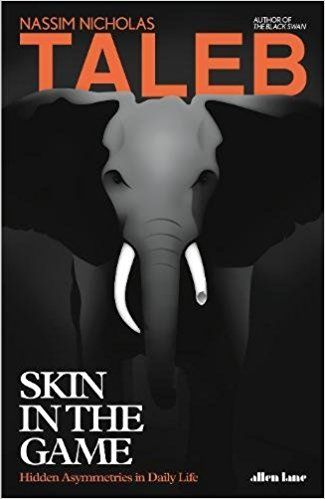
Skin in the game Skin in the game creates a diversity of beliefs and ideas, for example, restaurant businesses. Lack of it creates a monoculture, for example, journalism. Skin in the game comes with a conflict of interest. For example, a shareholder is more inclined to say positive things about the company, whose shares he holds. Even then, skin in the game is preferable over no skin in the game. A lack of skin in the game, usually, produces a monoculture of beliefs. Bureaucrats, with no skin the game, usually make the problems worse by deciding things from the top. Beware of “good” advice where you will get both the good and the adverse outcomes of that advice while the advice-giver will only get a good result. Metrics puts one’s skin in the wrong game. For example, a doctor who has to optimize for a five-year survival rate of a cancer patient might go for radiation therapy as opposed to laser surgery even though radiation therapy has worse 20-year survival rates. Pilots have more skin in the game than surgeons. If a plane has a 98% chance of surviving a flight, then all pilots would have been dead for now, while medical science can operate with a much lower survival rate since skin in the game is primarily of the patients and much lower of surgeons. An academic experiment where one is supposed to wager a bet and hypothetically believe in a specific scenario is devoid of real risk and hence devoid of skin in the game. Academia, when left unchecked, for the lack of skin in the game, evolves into a ritualistic self-referential publishing game.
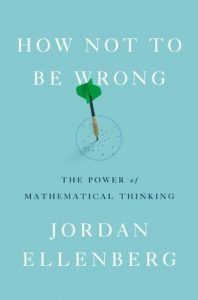
The book focuses on the application of simple and profound maths to day-to-day life and how not to be deceived by mathematical traps.
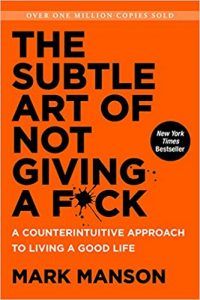
The book presents an interesting viewpoint on the meaning of life, questioning traditional self-help gurus, consumerism, and over-obsession with positive thinking.
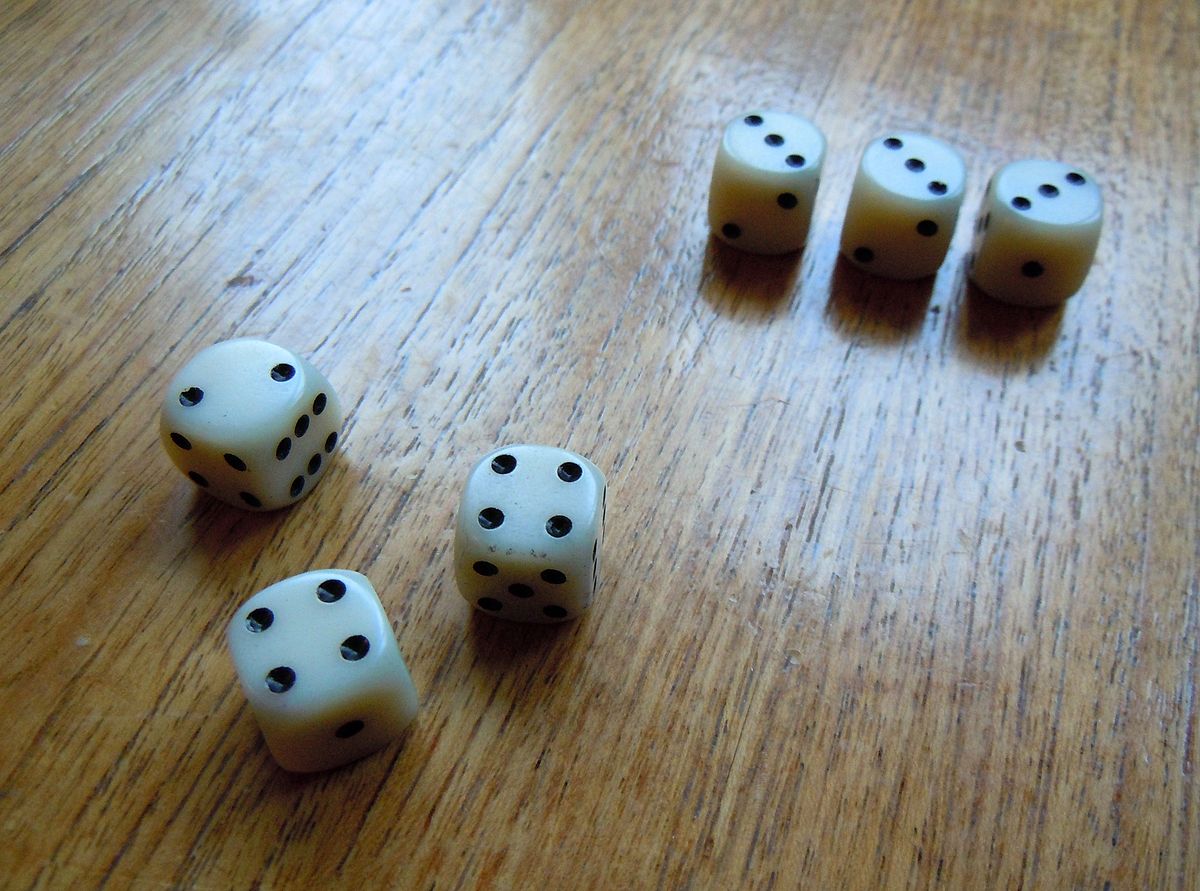
The book talks about randomness, associated maths, and the psychological biases which interfere with a more stochastic approach to thinking about life.